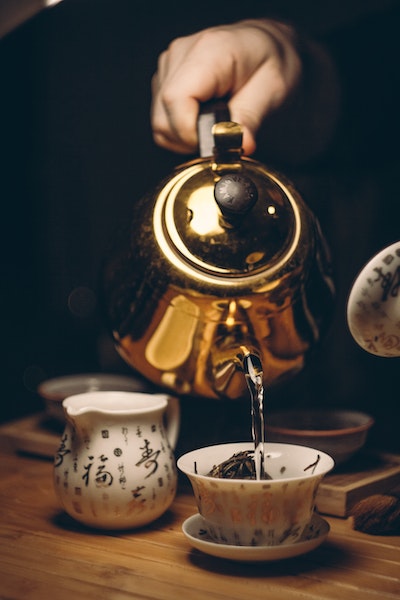Often used in ancient herbal remedies, the tea plant — Camellia sinensis — is a proven tool in promoting health and well-being. Study after study supports the claim that various teas support physical and mental health.
Unfortunately, the variety of available teas makes it difficult for the average consumer to choose the most beneficial tea options. From green tea to black tea and everything in between, not all teas are equal. Despite the growing supply and variety of available teas, most registered dietitians agree that five teas stand out over the rest.
1. Green Tea
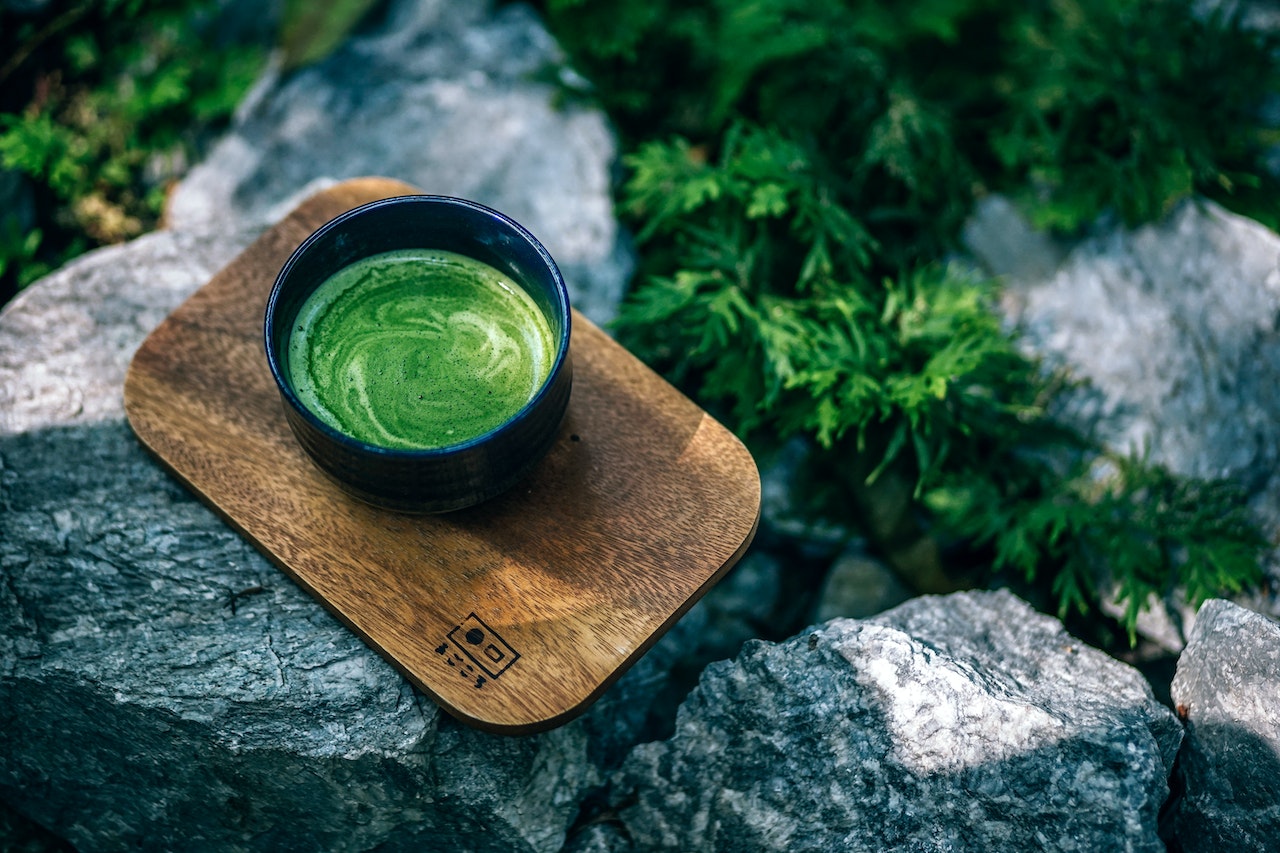
Medical professionals and dietitians agree that green tea is the most beneficial option. Green tea contains loads of antioxidants that help:
- Improve brain function
- Lower risk of heart disease
- Protect against cancer
- Aid in fat loss
One antioxidant, in particular, catechin, helps protect your body against free radicals and other harmful molecules. The substance prevents cell damage, protecting against premature aging and disease.
2. Peppermint Tea

Experts recommend drinking peppermint tea when you are not feeling 100%. The tea contains menthol, which can help when fighting a cold. Menthol essentially helps to rile up your immune system.
Peppermint tea has antiviral and antibacterial properties. Dietitians and medical professionals claim the tea can help reduce fever, relieve nasal congestion, and relax sore throats. If peppermint tea is not your drink of choice when feeling under the weather, you can also try:
- Echinacea tea
- Elderberry tea
- Hibiscus tea
3. Ginger Tea
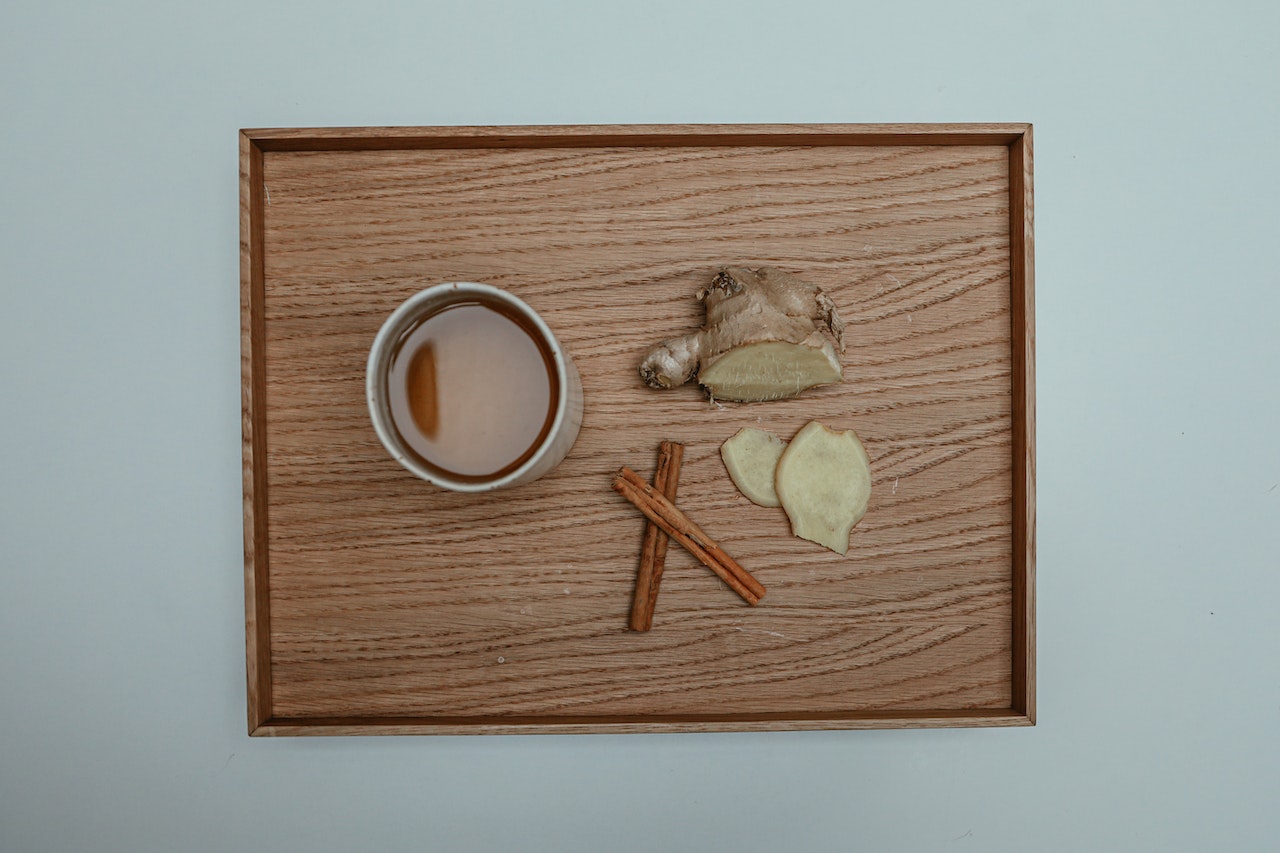
Ginger tea has proven digestive benefits. Several studies show ginger combats nausea, including morning sickness. Also, the herb helps the stomach move food to the digestive tract, easing indigestion and gastric distress.
Despite the benefits of ginger tea, many people cannot handle the strong taste. If you do not like ginger tea, consider peppermint tea. Several studies suggest peppermint can help with indigestion, but be careful because it can aggravate acid reflux symptoms.
4. Herbal Tea
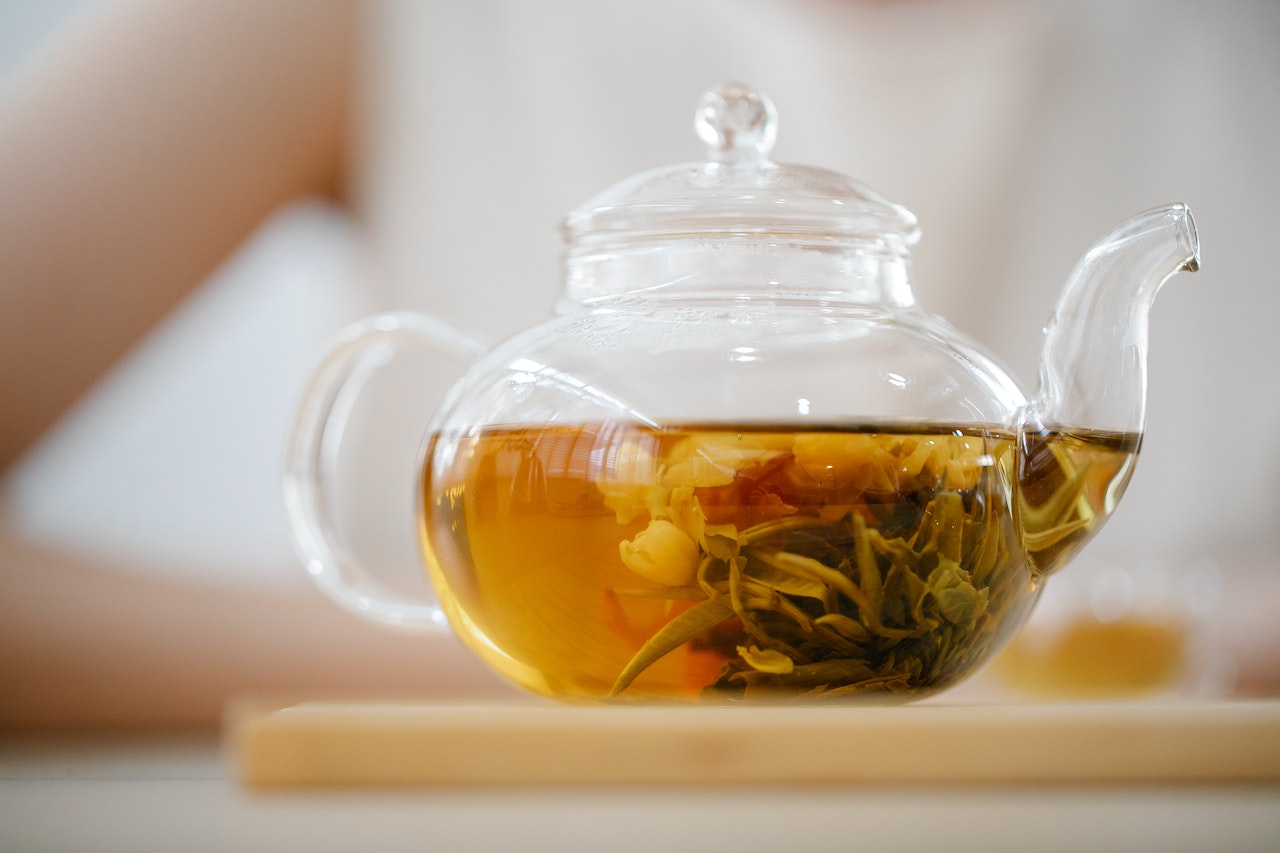
Herbal teas represent a mixture of dried flowers, herbs, fruits and spices. They are not derived from the tea plant like other teas. Drinking herbal tea can improve lung health.
According to some reports, herbal teas possess anti-inflammatory properties that help relax airways, allowing for easier breathing. Herbal teas are often recommended to people with asthma and similar conditions because of their effect on the lungs. Experts recommend selecting a tea with cinnamon, turmeric, or ginger for optimum lung benefit.
5. Chamomile Tea
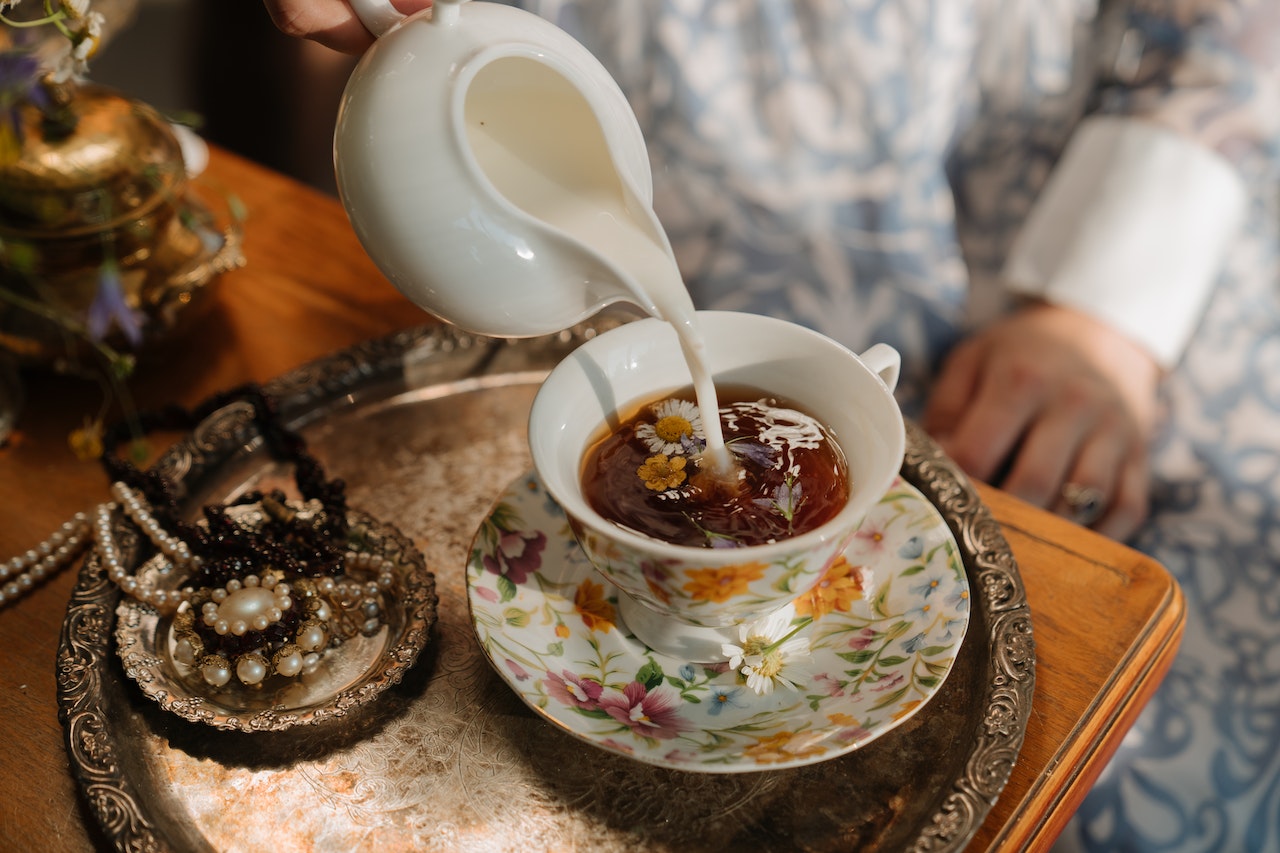
Chamomile tea is an excellent option for easing a troubled mind and drifting to sleep. The chamomile plant contains the antioxidant apigenin, which attaches to brain receptors to alleviate anxiety symptoms and increase relaxation. According to some experts, chamomile acts as a mild tranquilizer.
If you don't like chamomile tea or want to try something different, choose valerian root tea. Valerian root works similarly to chamomile and promotes relaxation.
Tea is a proven health aid. While producers continue to create clever mixes, five straightforward teas are all you need to experience the many health benefits of the beverage.

